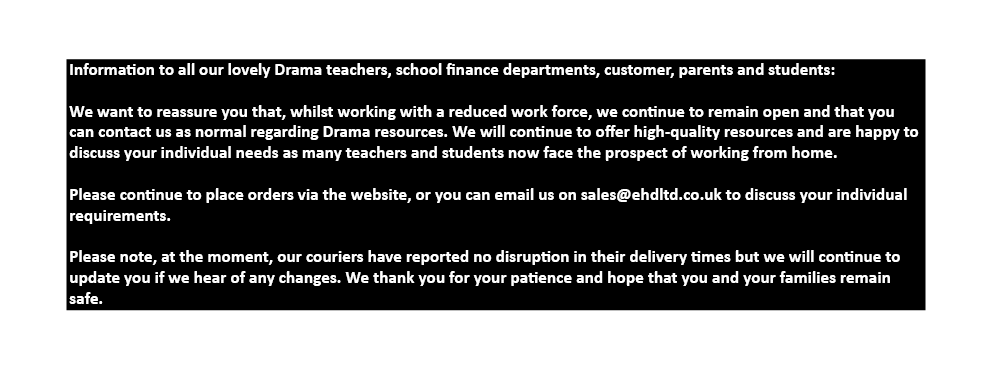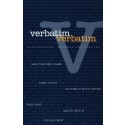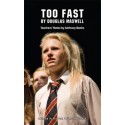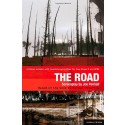Check items to add to the cart or select all
When devising with a group this year, why not take try the story-telling approach?
1.Take a chapter or a short extract from one of your favourite novels.
2. Deconstruct. Look at the extract and list the important things that happen, the characters, the themes etc
3. Cut. the text-tell students to cut out any aspects of the chapter which aren't needed.
4. Rewrite. Add in any current references for today's audience.
5. New Viewpoint. Change the narrative viewpoint, tell the story from a different perspective.
6. Change Tense. Experiment with the tense-for example change past into present
7. Change the Structure. Alter the order of events or group them differently.
8. Overlap. Show two of the events happening at the same time, or overlapping each other.
Want to explore story-telling for devising further? Then Mike Alfreds' book, Then What Happens? will be a perfect text for you to dip in and out of and will offer you many workshop ideas-great for GCSE or A Level students, but many could be adapted for even younger students. Written by the founder of Shared Experience Theatre Company, the book will offer you an abundance of practical teaching suggestions for how you use story-telling to inspire some great, original drama work. From drama games which enable students to focus upon their 'revealing hands' through to games which explore the relationships between characters and narrators using angels and heroes, this really will be a great new addition to your bookshelf and will inspire many new practical drama games within your studio. You can make it into whatever you need-from a large scheme, through to filler activities. We guarantee you won't be disappointed by this book.
1.Take a chapter or a short extract from one of your favourite novels.
2. Deconstruct. Look at the extract and list the important things that happen, the characters, the themes etc
3. Cut. the text-tell students to cut out any aspects of the chapter which aren't needed.
4. Rewrite. Add in any current references for today's audience.
5. New Viewpoint. Change the narrative viewpoint, tell the story from a different perspective.
6. Change Tense. Experiment with the tense-for example change past into present
7. Change the Structure. Alter the order of events or group them differently.
8. Overlap. Show two of the events happening at the same time, or overlapping each other.
Want to explore story-telling for devising further? Then Mike Alfreds' book, Then What Happens? will be a perfect text for you to dip in and out of and will offer you many workshop ideas-great for GCSE or A Level students, but many could be adapted for even younger students. Written by the founder of Shared Experience Theatre Company, the book will offer you an abundance of practical teaching suggestions for how you use story-telling to inspire some great, original drama work. From drama games which enable students to focus upon their 'revealing hands' through to games which explore the relationships between characters and narrators using angels and heroes, this really will be a great new addition to your bookshelf and will inspire many new practical drama games within your studio. You can make it into whatever you need-from a large scheme, through to filler activities. We guarantee you won't be disappointed by this book.
You may also be interested in the following product(s)
Verbatim Verbatim: Techniques in Contemporary Drama
£14.99
|
Too Fast by Douglas Maxwell
£14.99
|
The Road
£8.99
|






